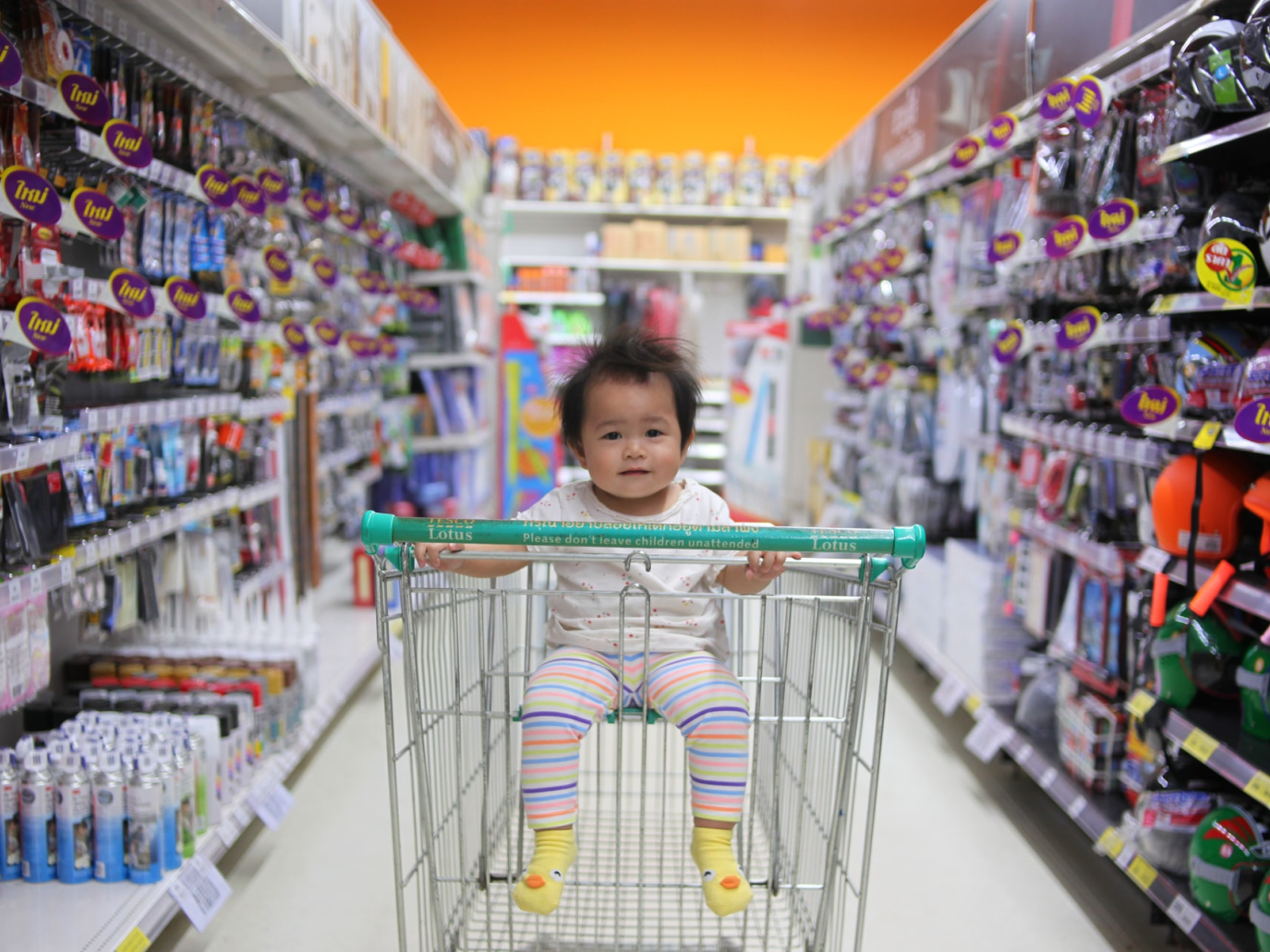Ecodesign, circular textiles, regulations for construction products, greenwashing, and consumer power. These are the main points addressed in the new set of proposals presented on the 30th of March by the European Commission. This is an important and eagerly awaited step in the path taken under the Circular Economy Action Plan to make sustainable products the norm.
The proposed rules and regulations outline a real revolution: in the Commission's vision, almost all physical goods on the EU market will have to be "more environmentally friendly, circular and energy-efficient throughout their life cycle".
And the paradigm shift will have not only environmental benefits but also economic and strategic ones. According to the projections of the Commission, in fact, the adoption of the new regulatory framework can ensure by 2030 a saving of 132 Mtoe (tonnes of oil equivalent) of primary energy, equivalent to about 150 billion cubic meters of natural gas: almost the equivalent of the Russian gas imported in the European Union.
Making sustainable products the norm
It is now recognised that a large part of the environmental impacts of a product are already determined at the conceptual stage. To be precise, design is responsible for 80% of the impacts that an object or material will have throughout its life cycle, from manufacture to disposal. This is the reason why the package presented by the European Commission begins with Ecodesign. "In 2021 alone," states the official press release, "existing ecodesign requirements saved consumers €120 billion. The rules have also led to a 10% lower annual energy consumption by the products in scope“.
Therefore, the new proposal expands the existing framework for eco-design in two directions: on the one hand by including the widest possible range of products, and on the other hand by extending the scope of the requirements with which products must comply. Whereas previously the requirements were only about energy efficiency, now they also include circularity, reparability, environmental and climatic footprint. All products sold in Europe will have to be "durable, reliable, reusable, upgradable, reparable, easier to maintain, refurbish and recycle, and energy and resource efficient".
All these requirements should also be transparent, both for consumers and for the players in the various supply chains. This will be achieved through labeling and the digital product passport, which will simplify the traceability of materials throughout the supply chain, making operations such as repair, remanufacturing, reuse, and recycling easier. Furthermore, measures are planned to end the unsustainable practice of destroying unsold products.
Sustainable and circular textiles
With this first package of standards, the European Commission addresses two of the most environmentally impactful sectors: textiles and construction.
In Europe, textiles rank fourth in terms of environmental impact, after food, housing, and mobility. Textiles also rank third in terms of water and soil consumption and fifth in terms of raw material use.
It is therefore of vital importance to make fashion, and textiles in general, more circular. This is the aim of the proposed regulations, which by 2030 aim to make all textiles on the European market "long-lived and recyclable, made as much as possible of recycled fibers, free of hazardous substances and produced in respect of social rights and the environment".
"Fast fashion should be out of fashion", states the official statement. Incineration and dumping of clothes and of other textiles in landfills must be minimised, while repair, reuse, and fibre-to-fibre recycling must be encouraged.
To ensure that the proposals are put into practice, an extended producer responsibility scheme will be adopted so that companies themselves will promote and implement circular business models. Meanwhile, the Commission calls on manufacturers to reduce the number of fashion collections launched each year and urges "Member States to adopt favourable taxation measures for the reuse and repair sector."
More circular products for construction
In Europe, buildings are responsible for more than 30% of total waste produced, 40% of energy consumption, and 36% of energy-related greenhouse gas emissions. Last but not least, the construction sector is responsible for around 50% of the extraction and consumption of raw materials. It is a massive sector that employs throughout the supply chain 25 million people in the EU. The construction products sector, in particular, has a turnover of 800 billion euros in Europe, with around 430 thousand companies.
The Commission's package of proposals, therefore, had to take account of these two issues: on the one hand, the environmental impact that needs to be reduced, and on the other, an economy - largely made up of small and medium-sized enterprises - that should not be penalized.
The aim is therefore to simplify rules, administrative burdens, and circulation in the internal market, while at the same time firmly upholding the principles of circularity to be promoted through the revision of the Construction Products Regulation. "New product requirements will ensure that the design and manufacture of construction products is based on state of the art to make these more durable, repairable, recyclable, easier to re-manufacture." - says the official press release.
Once again, digital technology will help operators in the supply chain by reducing and speeding up the administrative burdens, especially thanks to solutions such as the digital product passport and the database of construction materials.
Greenwashing and the empowerment of consumers
Perhaps the most revolutionary part of the Commission's package of proposals concerns consumer empowerment. The direct role of individual citizens' choices in the ecological transition is finally recognised. However, for these choices to be effective, consumers need to be able to have complete and correct information, without having to juggle marketing tricks, greenwashing, and premature product obsolescence practices.
“If we do not start consuming more sustainably, we will not achieve our European Green Deal goals: it is as simple as that.” - Commissioner for Justice, Didier Reynders, explains - “While most consumers are willing to contribute, we have also seen an increase in ‘greenwashing' and early obsolescence practices. To become the real actors of the green transition, consumers must have a right to information to make sustainable choices. They must also be protected against unfair commercial practices which abuse their interest in buying green.”
The amendment of the Consumer Rights Directive then deals with two major chapters: accurate information on the durability and repairability of products and the prohibition of unfair commercial practices such as greenwashing and early obsolescence. If the Commission's proposal is approved, producers will be obliged to provide all information about the expected lifetime of a product, how it can be repaired, the availability of spare parts, and potential software updates.
With regard to greenwashing, the so-called "black list" of prohibited practices is extended to include, for example, the formulation of "generic or vague environmental claims" such as "eco" or "green" and the display of voluntary sustainability labels, i.e. "not based on a third-party verification scheme or established by public authorities".
In other words, a big step ahead. Even if, as the EEB (European Environmental Bureau) points out, we must be careful of possible loopholes: " the initiative fails to clarify how some of the most problematic and widespread claims such as ‘climate neutrality’ are going to be tackled, while the foreseen ban on planned obsolescence was dropped from the proposal.".
The beginning of a revolution
The presentation of the package of proposals to make sustainable products the norm has been celebrated as the beginning of a real and long-awaited revolution. The Sustainable Products Initiative is, in fact, the flagship of the EU's Circular Economy Action Plan and one of the pillars of the Green Deal.
Executive Vice-President for the European Green Deal Frans Timmermans said: “It's time to end the model of ‘take, make, break, and throw away’ that is so harmful to our planet, our health, and our economy. Today's proposals will ensure that only the most sustainable products are sold in Europe. They allow consumers to save energy, repair and not replace broken products and make smart environmental choices when they are shopping for new ones. This is how we bring balance back in our relationship with nature and reduce our vulnerability to disruptions in global supply chains.”
“Our circular economy proposals kick off an era where products will be designed in a way that brings benefits to all, respects the boundaries of our planet, and protects the environment.” – added Commissioner for the Environment, Oceans and Fisheries Virginijus Sinkevičius – “Giving a longer lifespan to the phones we use, to the clothes we wear, and to many other products will save money for European consumers. And at the end of their life products will not be a source of pollution, but of new materials for the economy, decreasing the dependency of European businesses on imports.”
Image: Jomjakkapat Parrueng (Unsplash)



